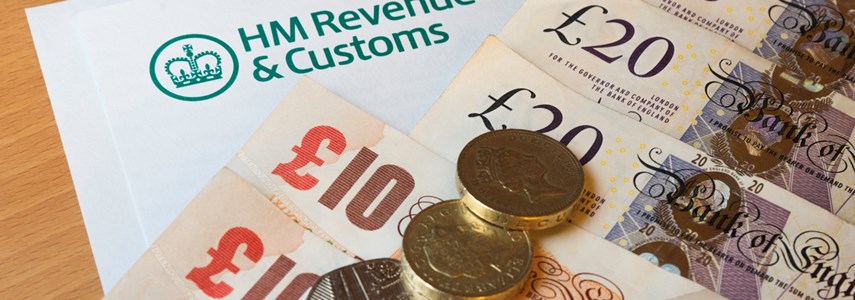Unite, the UK’s largest union, has warned that government plans to crack down on bogus self-employment could result in tens of thousands of workers being taxed like millionaires.
In his budget yesterday (Wednesday 22 November), the chancellor, Philip Hammond, announced that the government intended to reform “so-called off-payroll working rules” (known as IR35, payroll companies, personal service companies) in the private sector.
In effect, this would mirror the reforms which came into effect in the public sector in April this year, and means that workers operating in the public sector cannot be self-employed.
As a result of these reforms, rather than employ the affected workers on standard PAYE contracts, many have instead been moved onto umbrella company contracts.
Umbrella company workers are on an effective tax rate of 46-47 pence in the pound on eligible earnings - a similar tax rate as the prime minister and her multi-millionaire chancellor.
When the government introduced similar rules specifically for the construction industry in 2014, 400,000 workers were almost immediately moved to umbrella company contracts, and bogus self-employment in the sector has continued to increase.
Unite assistant general secretary, Gail Cartmail, said: “In a bid to boost their flagging finances, the government is intent on pushing tens of thousands of workers into the misery of being employed by umbrella companies and taxed like millionaires.
“Unite fully supports a crackdown on bogus self-employment which denies workers even the most basic employment rights, however, that should not result in workers being forced onto umbrella company contracts, where they suffer financial misery due to being treated as both employer and employee for tax.
“The UK is crying out for substantial changes to the laws on employment status so that workers are either genuinely self-employed or are employees, with full employment rights.
“The government must avoid introducing poorly thought out, piecemeal reforms, which are set to make a bad situation worse.
“This is Robin Hood in reverse. Workers are being exploited because they have to pay their employer’s taxes.”
When a worker is employed via an umbrella company, their agreed rate of pay goes to the umbrella company pot. The first thing deducted is employers’ national insurance contributions (NICs) at 13.8 per cent, and the umbrella company fee (usually between £15 - £30 a week). Also, if the worker is contributing to an auto-enrolment pension scheme, the employer’s contributions are also deducted.
From the remaining money, the standard employee NICs is deducted, as well as income tax. Holiday pay is usually rolled up into the rate, which means that workers receive a small amount each week, but nothing when they actually take leave.
Umbrella company payslips are frequently so complex, that workers often have to seek expert assistance to understand all the deductions being taken from the rate they agreed for the job.
While umbrella company contracts are not illegal, they are highly immoral. The government is unlikely to take action to outlaw umbrella companies, because unlike bogus self-employment, the exchequer maximises its tax revenue, through this system.
The government has committed to consult on its proposals, and will publish its findings next year.









